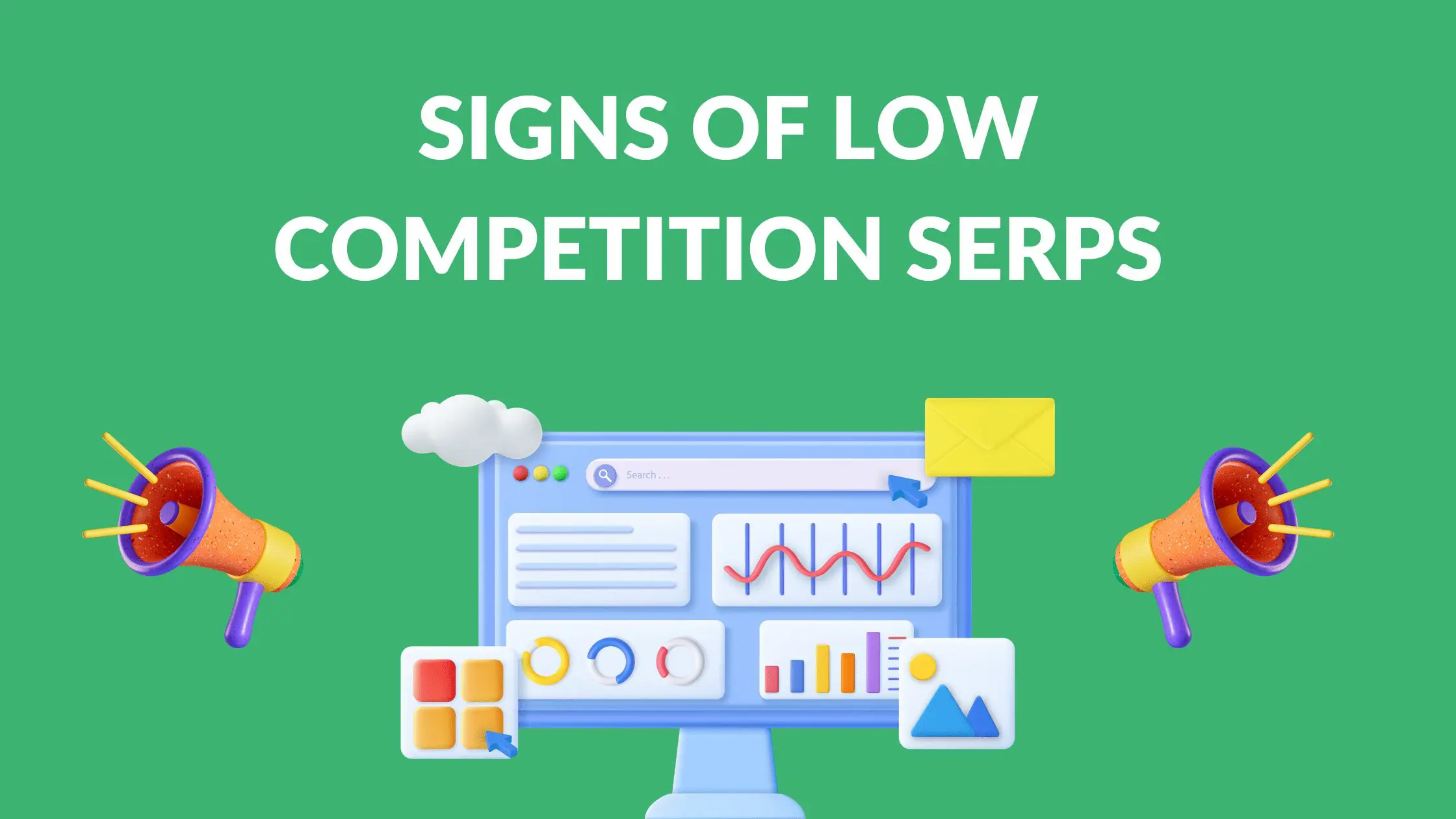Will Your Search Engine Rankings Drop if You Stop Blogging?

Written by Casey Botticello
Disclosure: Some of the links below are affiliate links, meaning that at no additional cost to you, I will receive a commission if you click through and make a purchase. Read our full affiliate disclosure here.
If you run a blog or website, you may be wondering if your search engine rankings will drop if you stop blogging. The answer is not straightforward, as there are many factors that can impact search engine rankings.
However, it is generally accepted that regularly updating your website with fresh, relevant content can positively impact your search engine rankings.
Search engines like Google prioritize websites that offer valuable content to their users. If you stop blogging or updating your website, your website may become stale and outdated. This can negatively impact your search engine rankings, as search engines may view your website as less valuable or relevant to users.
However, if your website already has a strong backlink profile and high domain authority, you may be able to maintain your search engine rankings even if you stop blogging.
In this article, we’ll address the question of will your search engine rankings drop if you stop blogging.
The Importance of Blogging for SEO

Blogging is an essential component of any successful SEO strategy. It provides an opportunity to create fresh content that can improve your website’s search engine rankings. In this section, we’ll look at how blogging affects your search engine rankings and the role of fresh content in SEO.
How Blogging Affects Your Search Engine Rankings
Search engines like Google are constantly looking for fresh and relevant content to provide to their users. By regularly updating your website with blog posts, you signal to search engines that your website is active and up-to-date. This can help improve your search engine rankings and increase organic traffic to your website.
Additionally, blogging provides an opportunity to target specific keywords and topics that your potential customers are searching for. By creating high-quality content that is optimized for these keywords, you can improve your chances of ranking higher in search engine results pages (SERPs).
The Role of Fresh Content in SEO
Fresh content is one of the most important factors in determining search engine rankings. Search engines prioritize websites that regularly update their content with fresh and relevant information. By blogging regularly, you can provide search engines with the fresh content they’re looking for and improve your search engine rankings.
However, it’s important to note that not all content is created equal. Search engines prioritize high-quality content that provides value to their users. This means that simply churning out low-quality blog posts won’t necessarily improve your search engine rankings. Instead, focus on creating high-quality, informative, and engaging content that provides value to your audience.
What Happens When You Stop Blogging?

When you decide to stop blogging, it can have a significant impact on your website’s search engine rankings and traffic. In this section, we’ll explore the effects of stopping blogging on your website.
The Impact on Your Search Engine Rankings
One of the most significant impacts of stopping blogging is on your search engine rankings. Search engines like Google prefer websites that are active and regularly publishing fresh content. When you stop publishing new content, you lose that aspect of SEO value. As a result, your website’s search engine rankings may start to decline.
Additionally, search engines like Google use an algorithm that considers several factors when ranking websites. One of these factors is the freshness of content. When you stop blogging, your website’s content becomes stale, and search engines may start to rank your website lower than before.
The Effect on Your Website Traffic
When you stop blogging, it can also have an adverse effect on your website traffic. Regularly publishing blog posts can help drive traffic to your website.
In fact, there is a whole subtopic that many bloggers (myself, included) find useful, known as content velocity. This refers to the rate at which you are able to publish high quality content.
Having a high rate of content velocity can play a huge role in driving traffic.
When you stop blogging, your website will obviously stop seeing these huge gains.
But will it traffic completely tank if you stop adding content after posting regular content at a high frequency?
The answer is no. Posting less or even completely stopping adding new blog posts will not cause your blog to drop in search engine rankings.
How Long Can You Stop Posting Before Your Rankings Will Drop?

How long can you stop posting before your blog will start to drop in search engine rankings?
While it is hard to provide a definitive answer, once a blog is past the Google sandbox and new content is indexing relatively quickly, I’d say that virtually any blog can survive for 1-2 months of zero activity.
If you have a more developed blog, with a few dozen posts, 20+ DA, and your site is organically attracting back-links, you could probably take off several months. And even then, your blog would continue to grow for most of that time.
If you have a site with high domain authority, very strong back-links, several hundred or even thousand posts, lots of high value original content, and are a known authority in your niche, it is entirely possible you could go 6-12 months without adding a single blog posts and would see no adverse effect on your search engine rankings.
This is one of the great things about blogging. The product of your hardwork is realized in the form of compounded growth. While not fully passive at any point, blogging can be mostly passive at this point.
All of these time-frames that I suggested are based on the assumption that you are in a somewhat competitive niche, but not a hyper competitive niche. It also assumes that much of your content is evergreen and informational.
However, if you are in a niche that requires constant content updates, even a month or two can adversely affect organic search traffic.
Also, if you want to ensure your blog is constantly growing, I would never take more than a month or two off from posting some amount of content. Even just 2-3 high quality pieces, carefully interlinked with previous posts, can help drive forward momentum.
If you stop posting new blog posts but continue to update existing content, it is entirely possible that your site would be fine indefinitely.
Part of this depends on what you are doing to improve content, but part of it also depends on the general competition within your niche.
In a high competition niche (like, blogging about blogging, as this site does), you can never really stop publishing new content, because the competition is too fierce.
Conversely, in my other niche portfolio of blogs, many of my sites have few direct competitors, so it would take a rival blog well over a year to even cover all the topics I have, let alone do it in an original way.
In fact, in these less competitive and smaller niches, I will often post large amounts of content and then deliberately stop posting, in order to give search engines time to index and rank new content, and take some time to assess the performance of this new content, while allowing it to age.
This is one of the perks of having more than one blog to work on (rotating focus on content), but the same principle applies to any blog.
Alternatives to Blogging

If you’re finding it difficult to keep up with regular blogging, there are other types of content that can help boost your SEO. Here are some alternatives to blogging to consider:
Other Types of Content to Boost Your SEO
- Infographics: Infographics are a great way to present complex information in a visually appealing way. They can be easily shared on social media and can help attract backlinks to your website.
- Videos: Videos are becoming increasingly popular, and they can be a great way to engage with your audience. They can also be optimized for search engines by including relevant keywords in the title, description, and tags.
- Podcasts: Podcasts are another way to engage with your audience and can be a great way to build your brand. They can also be optimized for search engines by including relevant keywords in the title and description.
How to Maintain Your SEO Without Blogging
If you decide to stop blogging altogether, there are still ways to maintain your SEO. Here are some tips:
- Update Existing Content: Updating your existing blog content can help keep it fresh and relevant. Make sure to include new information and relevant keywords.
- Guest Posting: Guest posting on other blogs can help attract backlinks to your website. Make sure to choose websites that are relevant to your niche and have a high domain authority.
- Social Media: Social media can be a great way to promote your website and attract traffic. Make sure to share your content regularly and engage with your audience.
Remember, while blogging can be a great way to boost your SEO, it’s not the only way. By exploring other types of content and optimizing your existing content, you can still maintain your search engine rankings even if you decide to stop blogging.
Conclusion
Maintaining a blog can be a valuable asset for businesses looking to improve their search engine rankings. Consistent blogging can help increase website traffic, build brand awareness, and establish industry authority. However, simply stopping blogging does not necessarily mean that search engine rankings will drop immediately.
Search engine algorithms are complex and take into account a variety of factors beyond just blogging frequency. Factors such as website design, page load speed, and backlinks can also impact search engine rankings. Additionally, search engine algorithms are constantly evolving, so it is important to stay up-to-date on best practices and algorithm updates.
While stopping blogging may not necessarily cause an immediate drop in search engine rankings, it is important to consider the potential long-term impact on website traffic and brand awareness. A lack of fresh content can make a website appear stagnant and outdated, which could ultimately harm search engine rankings and user engagement.



